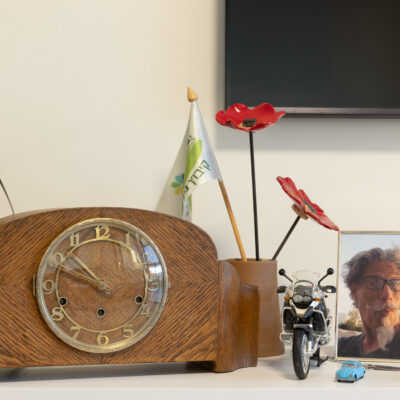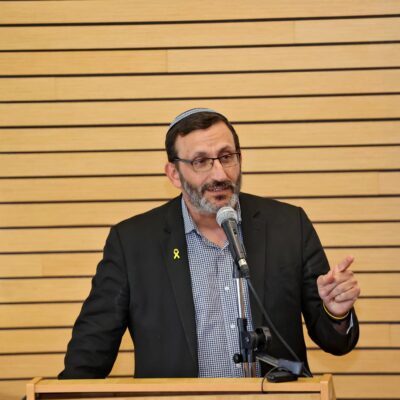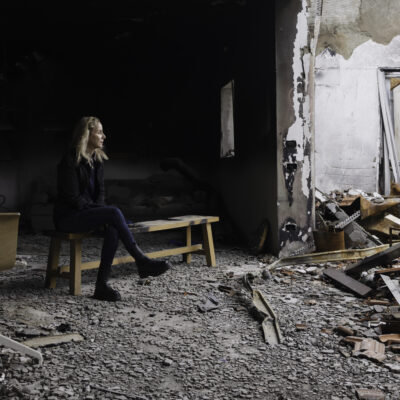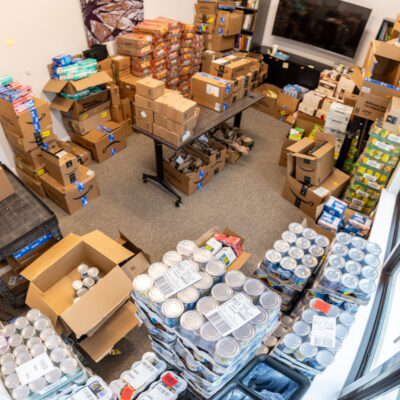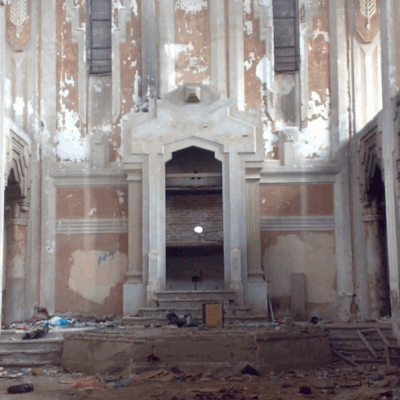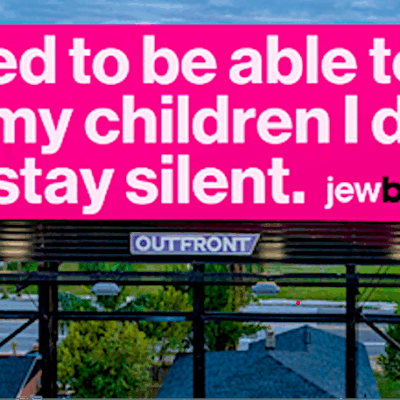“I Live. Send Help”: 100 Years of JDC Exhibit Opens in New York

On the occasion of the 100th anniversary of the American Jewish Joint Distribution Committee (JDC) a new exhibition, “I Live. Send Help.” 100 Years of the American Jewish Joint Distribution Committee, will be on view at the New-York Historical Society Museum & Library in New York City. The exhibition is currently open through September 21, 2014. Founded in New York City in 1914 as a response to the plight of Jews in Europe and Ottoman Palestine at the outset of World War I, JDC has become a premier humanitarian organization helping Jews and non-Jews in need worldwide.
A collaboration between the New-York Historical Society and JDC, the exhibition recounts JDC’s 100-year history with photographs, objects, films, and letters dating from 1914 compiled from JDC’s extensive Global Archives in New York and Jerusalem.

“I Live. Send Help.” will chronicle JDC from its inception in 1914, when Jacob Schiff, Henry Morgenthau, Sr., and other Jewish philanthropists came together in New York City to help needy Jews in the Middle East and Europe suffering at the outset of World War I. After the war ended, new crises emerged and JDC – originally intended as a temporary initiative – continued and expanded its efforts around the world. During the buildup to World War II, JDC helped relocate Jewish refugees and save them from Nazi persecution, in places as far and wide as Shanghai, China; La Paz, Bolivia; Kobe, Japan; and Sosua, Dominican Republic. JDC was critical in rehabilitating and resettling survivors of the Holocaust after their liberation. The exhibition also visits the challenges facing Jewish communities in North Africa and the Middle East, and focuses on JDC’s most recent relief activities rebuilding Jewish communities of the former Soviet Union and aiding Filipinos in the wake of the devastation of Typhoon Haiyan.
Exhibition Highlights
Highlights of “I Live. Send Help.” include a long-lost 1940 letter from Albert Einstein to JDC Chairman Edward Warburg, revealing the renowned Jewish scientist and Nobel laureate’s dedication to helping children escape Nazi persecution in Europe. In the exchange, Einstein praises the JDC for its work and implores nations in the Americas to admit more Jewish refugees: “Efforts to save these children must not slacken… It is not only a question of bringing them to the States, other countries must be opened to them … In all these efforts the aid of the Joint Distribution Committee is of the utmost importance.”

courtesy JDC.
A 1921 photograph of elderly men, women, and children desperately waiting to receive food outside the JDC-sponsored Dreyfus Soup Kitchen in Jerusalem illustrates the chaos in which JDC operated in its earliest years.
The exhibit features rare audio recordings including entertainer Eddie Cantor’s radio endorsement of JDC’s WWII-era work and testimony by an Alaska Airlines pilot involved in the JDC-organized evacuation of Jews from Yemen. In addition, the exhibit will screen a documentary on the St. Louis ocean liner, whose Jewish refugee passengers were aided by JDC; footage from the JDC-run evacuation of Jews, Muslims, and Christians from the Siege of Sarajevo during the 1990s; and images of the reemergence of Jewish communities in the former Soviet Union after the fall of Communism.

courtesy JDC.
The public has also contributed personal artifacts to the exhibition, including a dress provided by JDC to Jewish refugees from Europe arriving at Ellis Island in 1949. This dress was given to Lilli Platt of New York as a young child after arriving in the U.S. A pair of eyeglasses held together by string, wire, and rubber bands were donated to JDC in 1991 by the original Russian Jewish owner. The elderly man received these eyeglasses on his demobilization from the Red Army after World War II, and they still contain his original prescription as he never had the equivalent of the 6 cents needed to update it. JDC replaced the original eyewear for him when it began working in post-Soviet Russia in the early 1990s.

 Add EJP on Google
Add EJP on Google